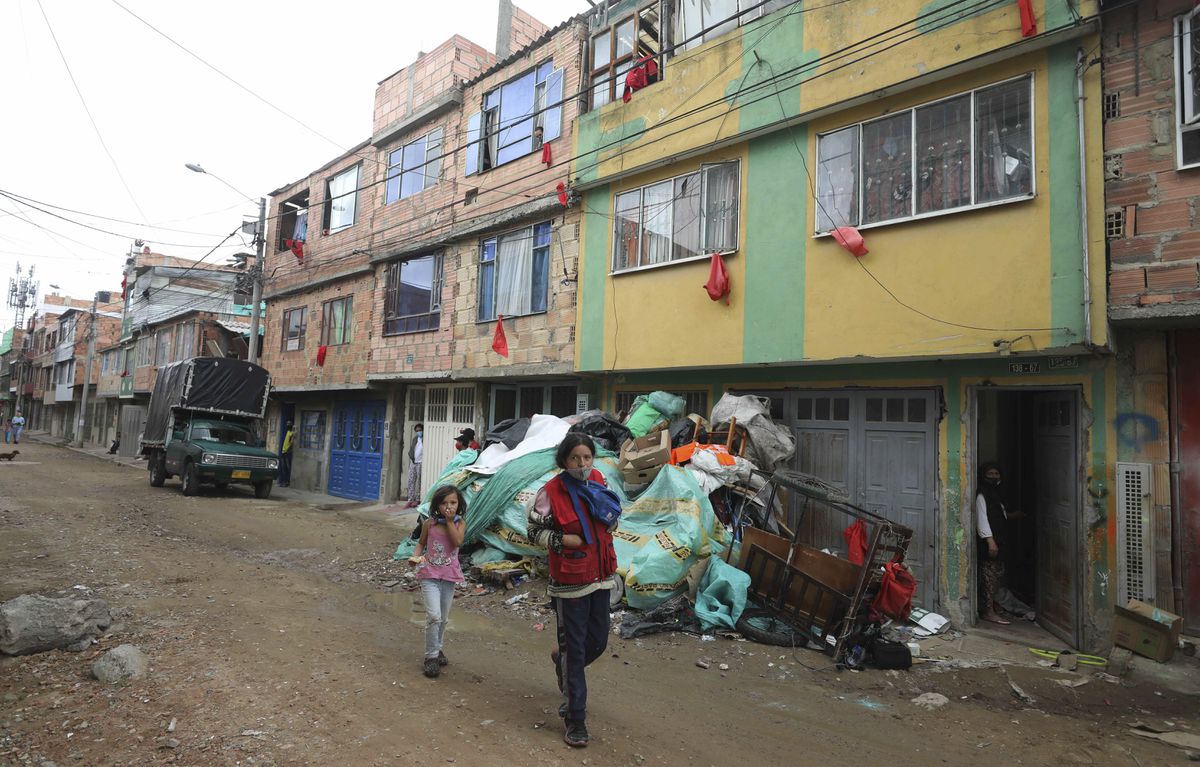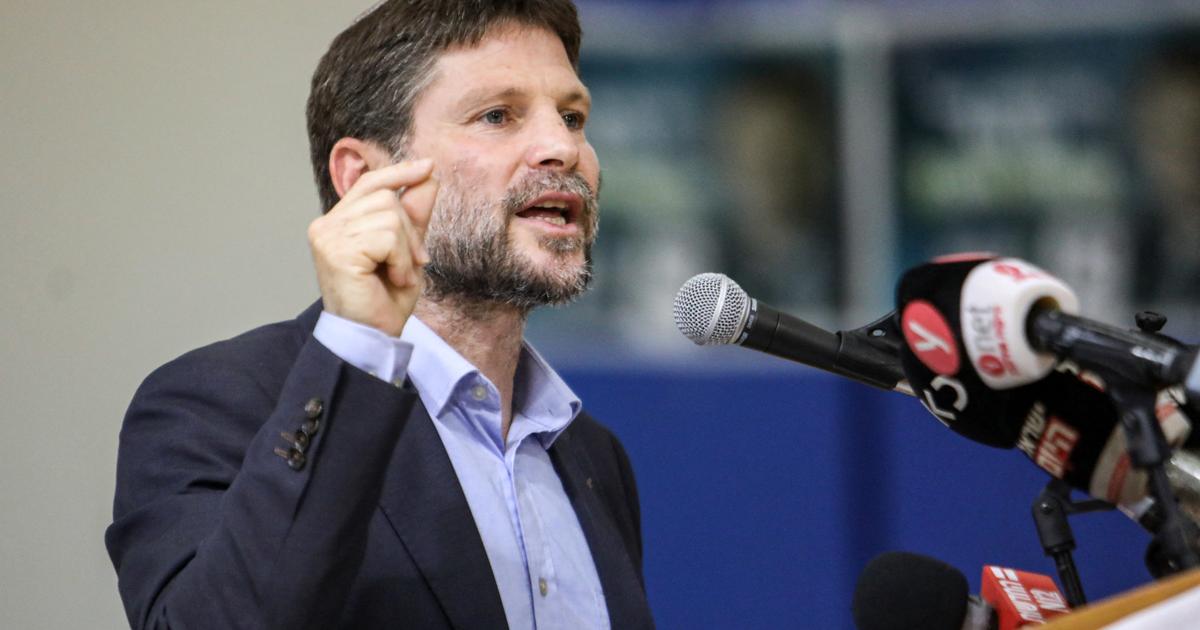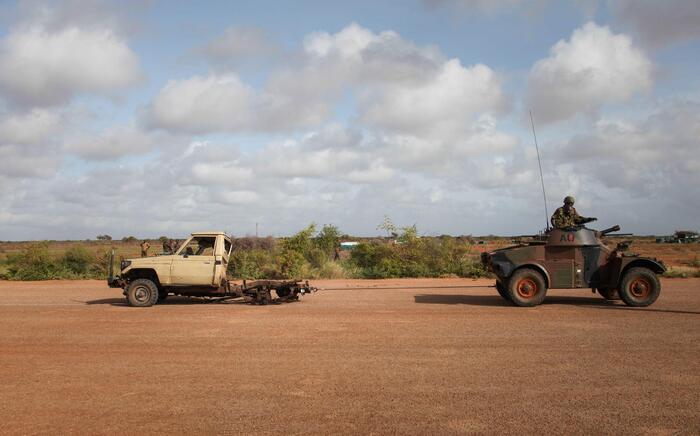Soldiers killed in an ambush by FARC dissidents at dawn on December 6, 2022, in an image shared by the Army. ARMY OF COLOMBIA
The most recent victims of uncontrolled violence in Cauca have been six soldiers.
In the early hours of Tuesday, men from the Jaime Martínez column of the FARC dissidents attacked the military base in the village of Munchique, in the north of the department, with grenades and rifle bursts.
The soldiers killed in the ambush were between the ages of 18 and 22, serving in the military and having just entered the ranks of the Army.
The government of Gustavo Petro convened a security council early in the morning and announced a military operation in the area.
At night he traveled to Cauca to deal with the situation of violence himself, generated by the dissidences.
“The operation they did is infiltration.
The attack was premeditatedly sought, it was planned by one of the groups that departed from the peace agreement to which the majority of the ex-guerrillas of the FARC took refuge in 2016 ″, he affirmed in the morning.
"We will see if the option of dialogue is unknown in Colombia or if it becomes effective," warned the president.
Defense Minister Iván Velásquez spoke about the victims and assured that regular soldiers should not be in conflict zones.
"The commanders of the military forces have to carefully review the places to which they can be assigned, minimizing the risks to their lives," said the minister.
On Saturday, another three soldiers died in Algeria, also in Cauca, in combat with dissidents.
Jhoe Sauca, from the National Indigenous Council of Cauca, says that there is a "tension" over the territory, which has intensified the war between ex-combatants of the FARC who did not accept the peace process and other armed groups.
“Those of us in the indigenous, local or zonal structures can understand the level of anguish that continues to exercise leadership in defense of rights generates.
What is happening in Nariño with the Awá indigenous people and the mining in their territories threatens to happen in Cauca as well”, fears Sauca, who belongs to the Kokonuko people.
The president of Colombia, Gustavo Petro, leads a security council to address violence in Cauca, on December 6, 2022. PRESIDENCIA DE COLOMBIA
The announcement in September by the First Front, which brings together most of the ex-guerrillas who did not take advantage of the process, that it would reduce the attacks against the public forces in Cauca to promote a bilateral ceasefire, has not yet been fulfilled, and Petro has responded in the same tone.
"The military position does not cease until there is really a will to negotiate" on the part of the dissidents, assured the president, who reiterated that the possibility of dialogues "is not limited to the cessation of military operations."
According to Indepaz, these groups number thousands of men and are financed mainly from drug trafficking.
The routes to move the merchandise are the center of the battles between the armed organizations that dispute the business.
The president has recognized that the violence in Cauca "has to do with drug trafficking routes and other illegal businesses that use the difficult area of El Naya," a jungle corridor that connects the immense coca leaf fields in the mountains of the department, where drug traffickers ship shipments bound for Mexico and Central America.
“There is a very strong and complex background reality.
The criminal structures and the dissidents dispute the crops and control over the territory, some with the support of Army units,” denounces Sauca, who says that it is impossible to talk about peace if the military confrontation does not stop beforehand.
“A bilateral ceasefire should be the first action for peace to begin to take shape.
If any organization decides not to participate, then the State must act in its legitimacy to defend the communities.
The government has to be forceful,” says the leader.
The extraordinary security council convened by Petro this Tuesday coincided with a meeting organized for weeks between representatives of indigenous peoples, human rights defenders and institutions in the region to talk about the violence they suffer in their territories and that does not seem to have an end. .
The leaders who participated in the meeting, led by the Network for Life and Human Rights of Cauca, denounced that the "fight" for the land is generating a war that affects most of the territory.
60% of Cauca is rural.
Guido Rivera, spokesman for the network, points to the territorial issue as a problem that is becoming more acute every day: “The situation is serious and tends to get worse.
We have seen enough conflict over evictions.
In Bogotá they say that the indigenous have a lot of land, why do we want more, but the censuses show us that only 38% of those lands are productive”.
Cauca has registered 14 massacres this year, which have left nearly 50 dead, according to Indepaz.
During 2022, 24 human rights defenders have been assassinated in that region.
Nationwide, the number as of November was 169.
Subscribe here
to the EL PAÍS newsletter on Colombia and receive all the latest information on the country.

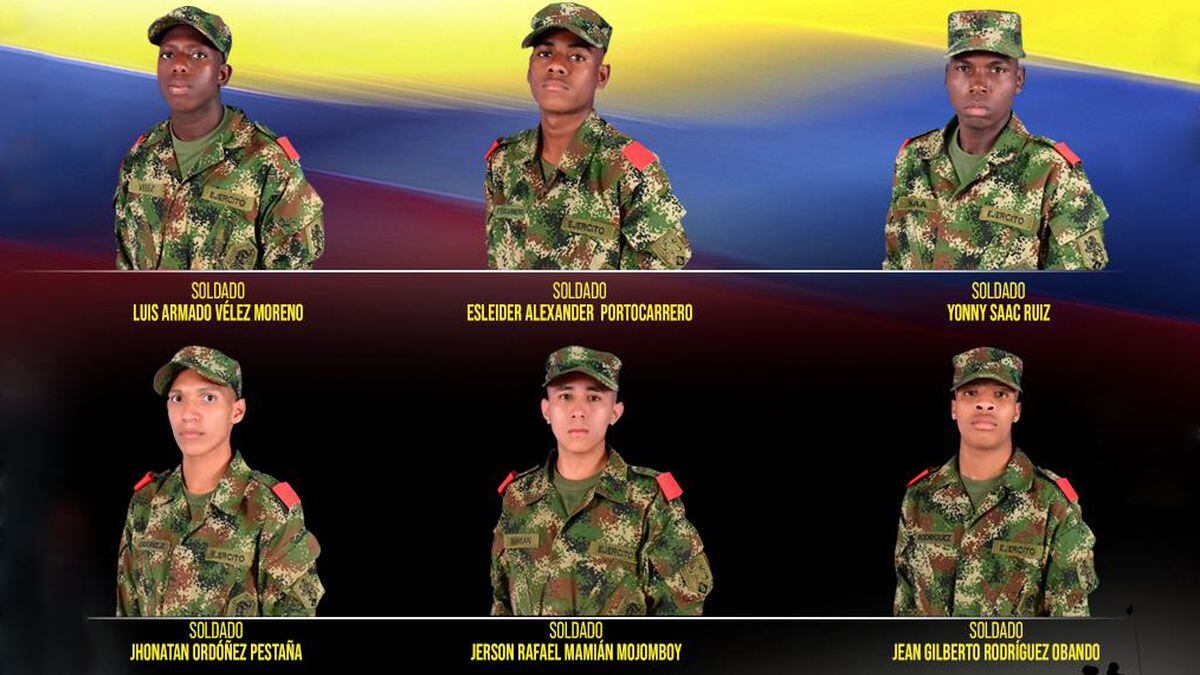
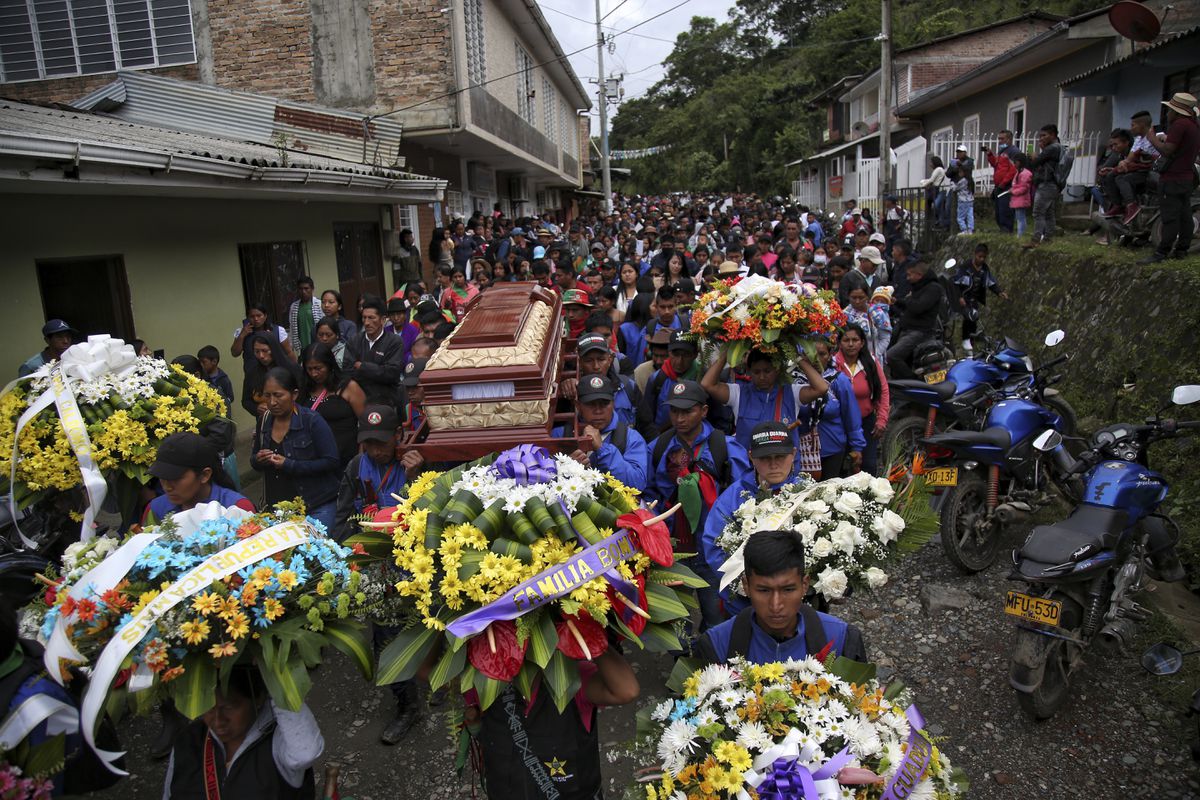
/cloudfront-eu-central-1.images.arcpublishing.com/prisa/DNL7HO6Q7JEGXAADDZOU7HVF2I.jpg)
